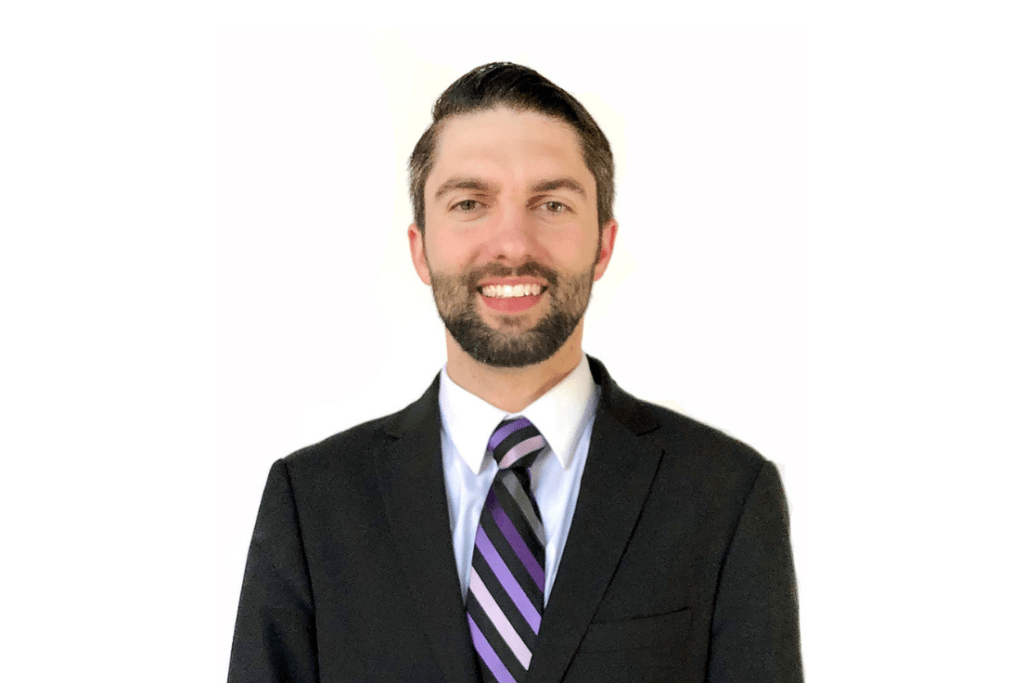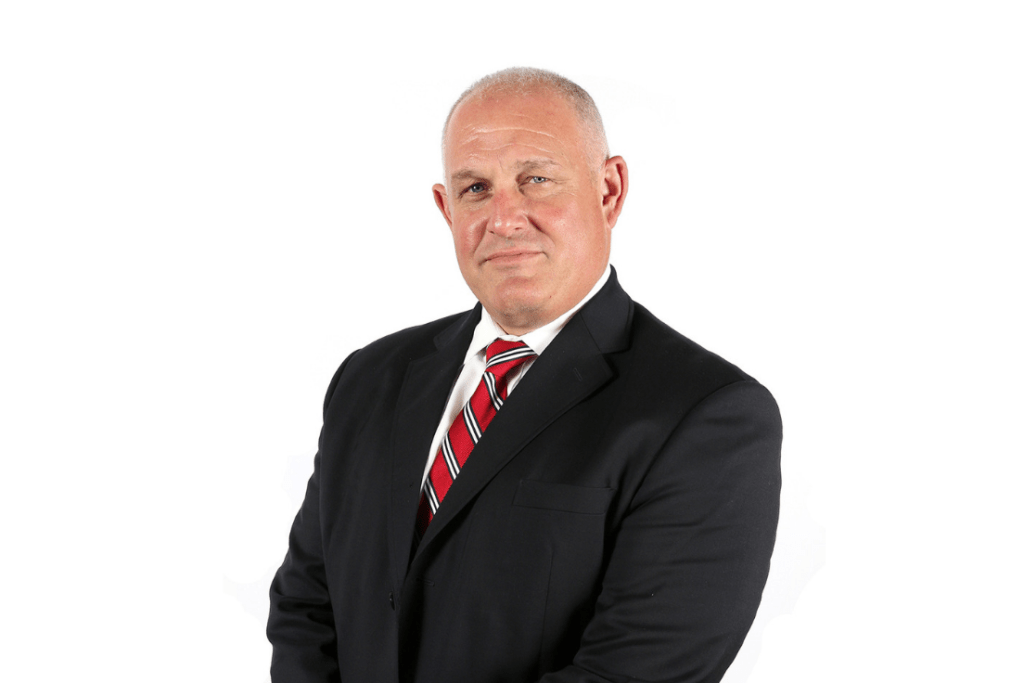In August 2019, the Department of Homeland Security published a new rule for finding “public charges” among those applying for permanent residency. Being a “public charge”—defined by law as someone who is or will likely be “primarily dependent on the government for subsistence”—has been a cause for inadmissibility for decades, and was one of the many aspects of an application that U.S. Citizenship and Immigration Services (“USCIS”) considered. But Homeland Security’s announcement last year showed a new level of enforcement, one that would require more forms and documents from applicants and more questions from USCIS officers about an applicant’s financial situation.
The new rule was taken to many federal courts, where multiple judges issued preliminary injunctions that prevented the rule from going into effect until these courts made final decisions. However, on January 27, the U.S. Supreme Court stayed almost all these injunctions, meaning the rule can go forward, at least temporarily. The rule will go into effect on February 24.
What does this mean? For anyone who already has a green card, nothing will change. And for many new applicants, even with these extra requirements, their likelihood of approval won’t diminish at all. For some, getting an approval will be tougher than it used to be. But for all new applicants, it will mean more paperwork and possibly longer processing times.
USCIS’s main tool for determining public charges will be a new form: Form I-944, Declaration of Self-Sufficiency. This 19-page form will ask for information like household income, credit score, employment and education history, whether you have health insurance, and whether you have applied for public benefits in the past. All of these factors will come together in a “totality of circumstances” test, meaning that USCIS will weigh each factor—whether positive or negative—as it makes a decision. (This Form I-944 will be in addition to the Form I-864, Affidavit of Support, which is already required from a petitioner and other co-sponsors.)
With regard to public benefits, receiving public benefits for more than 12 months out of the past 36 months will be a negative factor for an applicant. The list of benefits that USCIS will be checking for includes Medicaid, Supplemental Security Income (“SSI”), Temporary Assistance for Needy Families (“TANF”), Supplemental Nutrition Assistance Program (“SNAP” or “food stamps”), Section 8 housing, and others. Each benefit a month counts separately. For example, if an applicant received both Medicaid and TANF for six months, that will count as 12 months. But benefits received by family members of the applicant do not count. And, benefits received before February 24, 2020, do not count. There are also exceptions for applicants who are underage, pregnant, victims of domestic violence, or others.
These changes, even if they are not detrimental to an application, are at the very least complicated. At Wilner & O’Reilly, we can navigate you through these changes as you prepare your applications and make sure your processes move forward as worry-free as possible. We offer free consultations at our offices in Orange, Riverside, Pasadena, Fresno, Sacramento, and San Bruno, California; Salt Lake City and Orem, Utah; and Boise, Idaho.
ABOUT THIS AUTHOR
JOSHUA J. DESPAIN – MANAGING ATTORNEY

J.J. Despain is the managing attorney in Boise for W&O’. He practices employment-based and family-based immigration law. J.J. graduated from Brigham Young University, where he earned a Bachelor of Arts in communications with an emphasis in print journalism. He spent two years as an opinions editor, sports editor, and web editor for the campus newspaper, The Daily Universe. J.J. also earned minors in both Spanish and political science. After his undergraduate studies, J.J. attended law school at the University of Iowa College of Law. In Iowa, J.J. was the president of the student chapter of the J. Reuben Clark Law Society, a managing editor of the Iowa Law Review, a judicial clerk for the Honorable Stephanie M. Rose of the U.S. District Court for the Southern District of Iowa and was involved with the Latino Law Students Association and Sports Law Society.
RICHARD M. WILNER – FOUNDING PARTNER

Richard M. Wilner is a founding member of Wilner & O’Reilly, APLC and is Board Certified by the State Bar of California as a Specialist in Immigration and Nationality Law. He is admitted to practice law in the State of California and before the U.S. District Courts for the Central, Northern and Southern Districts of California, the Northern District of Texas, the U.S. Court of Appeals for the Ninth Circuit and the U.S. Supreme Court.Mr. Wilner has received the coveted Martindale-Hubbell AV Rating, the highest legal and ethical rating that one can receive from one’s peers in the legal community. Similarly, he has been awarded the title of Super Lawyer from 2007 to the present. He is best known for his work in advising Fortune 500 companies, middle and small market businesses, entrepreneurs and foreign nationals of extraordinary ability in athletics, arts, and sciences in the complex area of U.S. Immigration and Nationality Law.


Comments are closed.